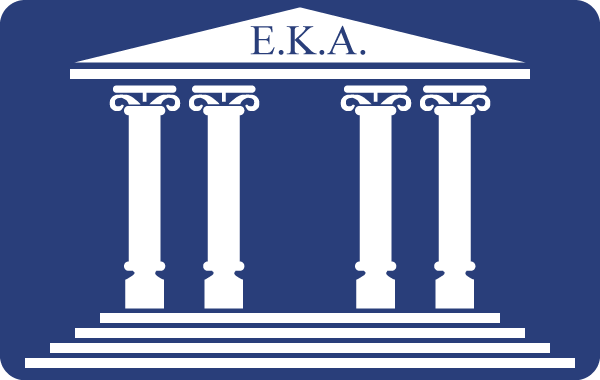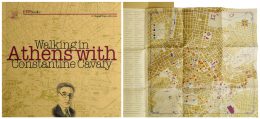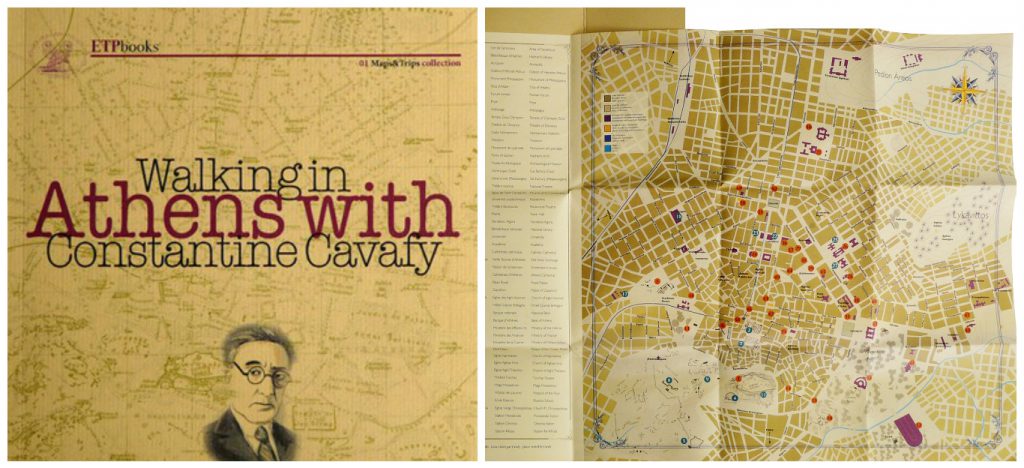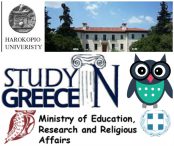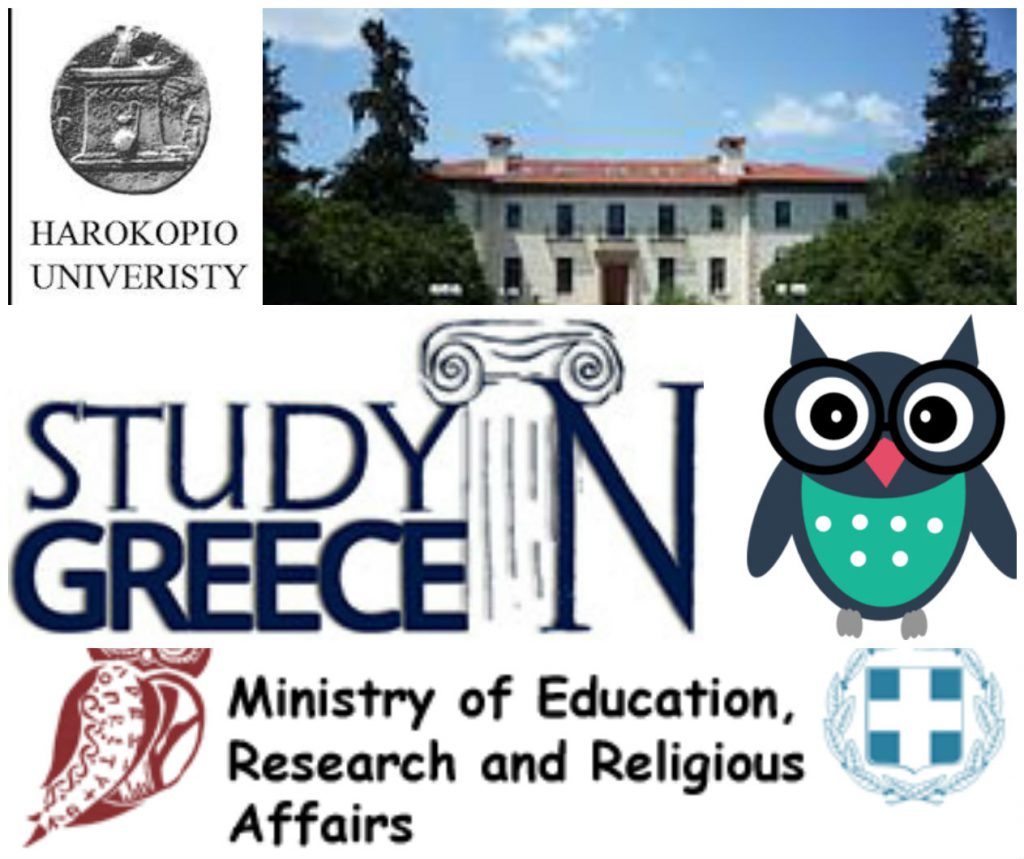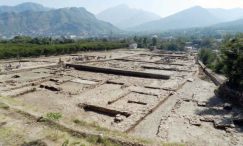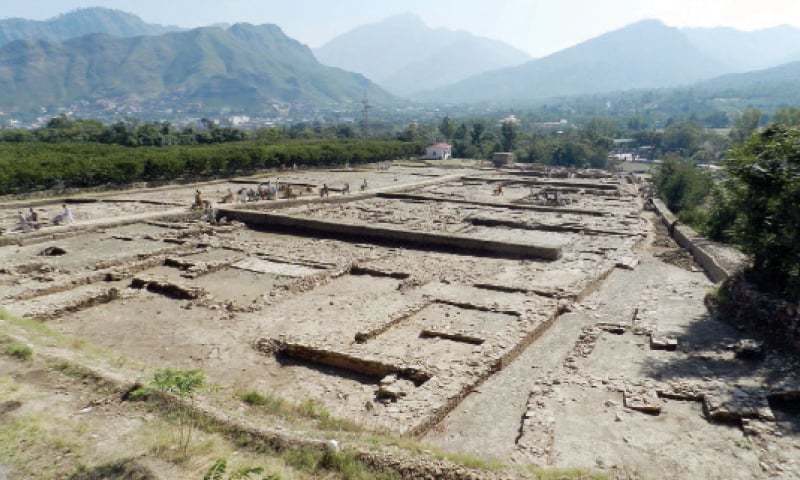 At the initiative of the Council of Europe, Strasbourg, the European Day of Languages has been celebrated every year since 2001 on the 26th of September. Its goal is to encourage plurilingualism, intercultural diversity and cross-cultural understanding through events held worldwide. This year in Alexandria, Egypt an interactive festival will be hosted at the Bibliotheca Alexandrina. At this event participants will be able to experience different European countries first-hand by exploring various languages and their culture: English, French, German, Greek, Italian, Lithuanian, Spanish and
At the initiative of the Council of Europe, Strasbourg, the European Day of Languages has been celebrated every year since 2001 on the 26th of September. Its goal is to encourage plurilingualism, intercultural diversity and cross-cultural understanding through events held worldwide. This year in Alexandria, Egypt an interactive festival will be hosted at the Bibliotheca Alexandrina. At this event participants will be able to experience different European countries first-hand by exploring various languages and their culture: English, French, German, Greek, Italian, Lithuanian, Spanish and
Language games, workshops, music and more are organized by the British Council, the Institut français d’Egypte, the Goethe Institut, the Hellenic Foundation for Culture, the Consulate of Italy, as well as the Italian Cultural Institute, the Embassy of the Republic of Lithuania (Cairo), the Instituto Cervantes and the Swedish Institute in cooperation with the Bibliotheca Alexandrina. In addition, students from language schools will be given the opportunity to present their language interactively. The event is from 12-6pm and the students will be presenting from 2-4 pm.
VENUE: Bibliotheca Alexandrina
TARGET GROUPS: Adults (in general), Children, General public, Language learners, Media, Parents, Participants in adult education programmes, Pupils, Students, Young people (in general)
ORGANIZER: The British Council, the Institut français d’Egypte, the Goethe Institut, the Hellenic Foundation for Culture, the Consulate of Italy, as well as the Italian Cultural Institute, the Embassy of the Republic of Lithuania (Cairo), the Instituto Cerv
ADDRESS: 10, Sharia El-Batalsa, Azarita, 21511 Alexandria, Egypt
CONTACT NAME: Yasmine Abdelaziz
CONTACT EMAIL: [email protected]
TELEPHONE: +20 3 4879870
